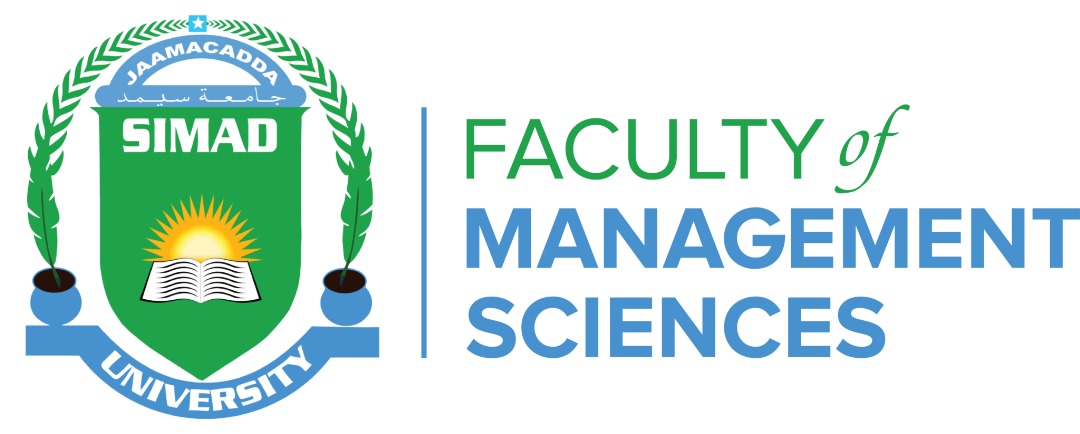Procurement and Logistics
Introduction
The corporate sector faces several obstacles in managing successful procurement and logistics systems. This program is designed for those who want to learn about procurement and how to create and execute effective and efficient strategies for the flow of commodities, information, and human resources. This program allows you to contact with the greatest procurement and logistics management faculty in order to better understand and integrate critical disciplines. In order to meet your needs, we use a competency-based training approach.
Program Goals
The program is intended to address the efficient management of procurement and logistics process as a critical factor for business success. Together with the individual logistics/procurement functions, there is a particular focus on industry-specific demands and modern logistics/procurement technologies. Logistics/procurements have not in the past been given the importance it deserves. However, recently logistics/procurements have been recognized as a major function in its own right.
Program Objectives
This program aims to explore and analyze the vital role logistics/procurements play in the successful running of a firm. The program provides the student with an introduction to some of the fundamental aspects of distribution and logistics, and then examines the main elements of the subject. The program ultimately aims to familiarize the student with the diverse and dynamic functions of logistics and analyze the constraints and demands imposed upon today’s local and global business environments.
Career Opportunities in Business Administration
Career opportunities exist in all sectors of industry, trade, and transport in both private and public institutions. You can take up the role of inventory analyst, procurement officer and manager, shipping manager, warehouse controller, transport manager, or logistics and supply chain manager.
- Completion of secondary school with a minimum overall average of 50%
- Should bring the original and a copy of the secondary school certificate
- Should bring six (6) passport-size photos with a white background
- You should bring the original copy of a letter of good conduct issued by your secondary school
- You should bring a sponsorship letter from your guardian
- Should successfully pass an admission interview and/or test
- Pay non-refundable Processing and ID card fees of USD 50 (bank draft)
UNIVERSITY COURSES
- English I
Fundamentals of Computers
Arabic Language I
- Arabic Language II
- Islamic Studies I
- Islamic Studies II
- Study Skills
- English II
- Computer Applications and Technology
- Principles of Management
- Communication Skills
- Research Methodology
- Critical Thinking
- Somalia Studies
- Conflict Resolutions
- Graduation Project
FACULTY COURSES
- Commerce
- General Mathematics
- Business Mathematics
- Principles of Accounting I
- Principles of Accounting II
- Introduction to Business Org
- Cost Accounting
Business Statistics I
Business Statistics II
- Business Law
- Microeconomics
- Macroeconomics
- Introduction to Research Methodology
- Principles of Marketing
- Principles of Finance
- Human Resource Management
- Quantitative Analysis in Decision Making
SPECIALIZATION COURSES
- Principles of supply chain Management
- Procurement
- Managerial Accounting
- Procurement Ethics
- Entrepreneurship
- Inventory Management and Control
- Transportation Management and Policy
- Negotiation Skills
- Risk Management
- Warehousing Management
- Logistic and Distribution Management
- Project Procurements Management
- Public Procurement
- Contract Management
- Humanitarian and Relief Logistics
- Production and Operation Management
- E-Procurements
- Global Logistics
- Strategic Procurement
- Sustainable Supply Chain Management
- Supplier Relationship Management
Full time: 5 Years
Tuition Fee: $315.00
Additional Charges (e.g., services, facilities): $30.00
Total per Semester: $345.00
This policy applies to all students, these include: part-time and full-time for both undergraduate and postgraduate and any other person enrolled as a student at the University:
Option one: At the beginning of the semester, all semester fees can be paid in full.
Option two: At the beginning of the semester, students should pay 30% of semester fees before he/she registers for the class. In the second installment, 40% of the semester fees should be paid before the midterm exam. The remaining 30% of the semester fees should be paid before the final exam.
After payments of second and third installments, students are eligible to get their clearance cards for midterm and final exams.
Fees Collector officer will be responsible to check fees default when he/she gets a report from the head of the cash unit.
SU will not refund any fees paid unless the student has no remaining semester.
Students and sponsors who unintentionally or intentionally deposit fees will not be refunded but will be forwarded to the next semesters.
Upon graduation period, all extra fees balance should be refunded to the students.
Any student who temporarily or permanently breaks his/her study can request an extra fee refund.
Head of Cash Unit should check the activities of the sponsors.
Bank Accounts
Premier Bank: 20300001001
Dahabshiil: 1822
Salam Bank: 30027598
Idman Community Bank: 7401005
IBS Bank: 1820
The SU academic year consists of 42 weeks split into two semesters of 18 weeks each, the first beginning in August.
